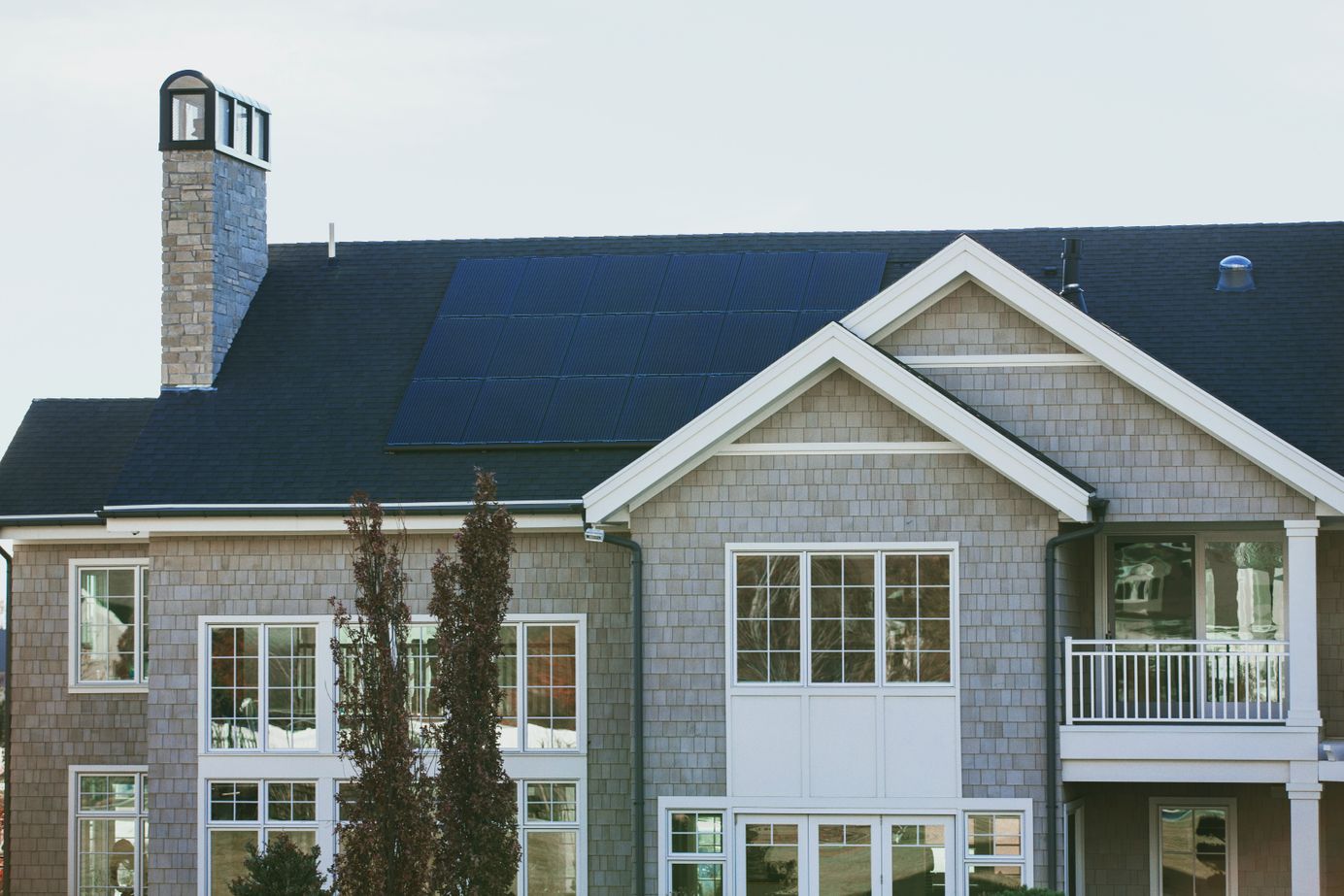
Should You Pay Off Your Mortgage Early
Paying off your mortgage early has its benefits and is an option worth exploring. Use our tips to find out whether it is the best course of action for you.
Purchasing a house is often the most costly expense that people encounter in their lives. It takes years, sometimes decades, of preparation and saving to work on this major financial decision. After signing a mortgage, however, you enter a whole other ballpark. It can feel like a world of mental gymnastics to ensure that you are making the right decisions and handling the rest of your finances effectively.
While this article isn’t meant to tell you precisely what timeline to use in paying off your mortgage, it can serve as a supplementary guide on the benefits and considerations of paying off your mortgage early. The value of paying off your mortgage early extends to the value of a strong strategic plan and thorough financial preparation, which should be the first step in the process of buying your first home.
First, let’s look at some pros to paying off your mortgage early.
Better Financial State
By paying off your mortgage earlier than expected, you’ll have one less bill to worry about and can enjoy your home without the hassle of a mortgage payment. Getting a good start on tackling a large chunk of the total amount that needs to be paid back means lowering the total amount of interest on the loan. Accomplishing this huge feat can give you the confidence to take on other financial challenges such as building a trust fund, saving for retirement, etc.

Flexibility
There is no contract associated with prepaying your mortgage (as long as you are making your monthly mortgage payments). You can make as many or as few payments as you want, in any quantity per payment (assuming there are no transaction fees). One of the most significant cautions for this is to make sure that those extra payments are going directly towards your principal. This is usually an option in online payment methods but can vary with different financial institutions. Otherwise, your payments will likely be rolled over to your next month’s payments, and you will not be able to take advantage of the compound interest.
You’ll need to do some analysis when it comes to the frequency in which you make those additional payments. Making more frequent payments in smaller increments can save you money in the long run.
Another less flexible option would be to refinance your loan or change the payment schedule. Depending on your mortgage, you may be able to get better rates, decrease your monthly payments, and tap into equity (ask your financial advisor about cash-out refinancing options). There is definitely more than one way to save money on your mortgage, and it will likely take research and preparation to fully understand your options to make the best choice for you.
Now let’s look at the logistics of paying off your mortgage early. Your monthly mortgage payments are typically not very flexible. You put in the payment every month, and the money goes towards the interest, the principal amount, or a combination of the 2 (depending on where you’re at in the payment schedule). What you can do, however, is send in additional principal payments in addition to your regularly scheduled payments. This will allow you to put money towards the loan, and also decrease the amount of interest that you owe. Because the initial mortgage agreement sets the assumption of a 15 or 30 year timeline, the interest that is in that payment plan assumes that you will take that entire timeline to pay it off.
This will save you money in the long run and will allow you to pay off your mortgage more quickly. It can be a bit of a tricky calculation, and there are a couple of questions to ask yourself before prepaying the principal of your mortgage.
Will this put you in a tough financial situation?
Money is money, and you need to look out for your present self before worrying about your future self. If these payments are going to cut into your grocery bills, medical expenses, emergency funds, etc. then it may not be a wise move. Take a full assessment of your financial standing before taking on this new challenge.
Depending on your situation, you might be able to leverage your time to put yourself in a better spot financially. Learn ways to earn extra cash, manage your spending, etc. to free up some cash. If you are able to set up passive income streams, you can effortlessly increase your spending power and the range of choices on what to spend it on.
Is this the best use of your money?
While prepaying your mortgage will put you in a better situation for repaying your home loan, it’s not always the best way to spend your money. The stock market typically returns 8-10% per year, and there are countless other investments that you can make to put your money to potentially better use. If you are near retirement age, you might want to put that extra money into your retirement fund to add some security to your adventures later in life.
Additionally, if you have other outstanding debt with high interest rates, it’s generally a good idea to tackle those first. This will end up saving you on interest in those loans, as opposed to your mortgage.
In addition, use this question to evaluate your opportunity costs. Will paying off your mortgage early put you in a better state than what you would be able to earn with that money?

Final Thoughts:
Paying your mortgage off early can provide you with many benefits and, if done correctly, can actually save you money. The internet is saturated with articles about prepaying your mortgage using various methods. Although knowledge is power and it is important to understand your options, what is most important is to know your own individual financial standing. Each mortgage and their relation to the lender’s finances are different. For best results, bring this up with your financial advisor to construct a personally tailored gameplan.









